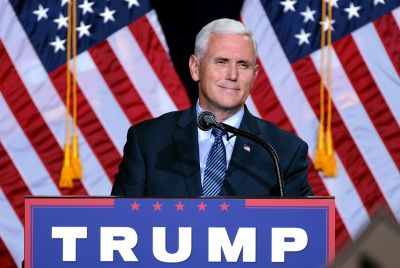UK's Brown urges people power to fight poverty
British Prime Minister Gordon Brown urged governments, businesses and volunteer groups on Tuesday to unite in a show of people power to put the world back on track toward slashing extreme poverty by 2015.
Brown's call for a new drive to meet the United Nations' Millennium Development Goals was endorsed by 12 world leaders and 20 top businessmen and women.
His speech at U.N. headquarters demonstrated a belief in international cooperation to tackle poverty, a day after he held his first talks at Camp David with U.S. President George W. Bush, focusing on more contentious issues such as Iraq.
Brown described a development emergency as the world falls behind the U.N. targets for transforming the lives of billions of people in poor countries.
The goals the world has set are not being met ... and we need emergency action if we are to meet them, Brown said, watched by U.N. Secretary-General Ban Ki-moon.
Governments, the private sector, civil society and faith groups should join in a global initiative to accelerate progress, he said.
Brown, who succeeded Tony Blair as prime minister in June, called the broad alliance he was seeking people power.
He urged agreement this year on a global trade deal that delivers for the poor and for agreement on the outline of a bold plan to counter climate change.
Brown launched his initiative a month after a progress report found most of the Millennium Development Goals were far from being met.
Replying to Brown, Ban said: The clock is ticking louder and louder every day. To reach the goals on time we have to take concerted action now. Some say we will not make it but I say we still can.
WORLD LEADERS
Brown's call to put the goals back on track was backed by leaders including French President Nicolas Sarkozy, German Chancellor Angela Merkel, Indian Prime Minister Manmohan Singh and Brazilian President Luiz Inacio Lula da Silva.
The goals were also endorsed by business leaders including Microsoft Chairman Bill Gates, Bernard Arnault, chairman of LVMH, Riley Bechtel, chairman of Bechtel, John Chambers, chairman of Cisco Systems, and Niall Fitzgerald, chairman of Reuters.
Brown, the other leaders and business figures called for a U.N. meeting to be held next year bringing together heads of government with leaders from the private sector, voluntary and faith groups to speed up action on the development goals adopted at a U.N. summit in 2000.
The goals include halving the number of people living on less than $1 a day by 2015, achieving universal primary education, reducing child and maternal mortality, stopping the spread of AIDS, tuberculosis and malaria, and halving the number of people without access to clean water and sanitation.
Brown's White House talks on Monday followed reports he would try to distance himself from Bush, but both men sought to show they could strike up a strong bond.
The British leader told reporters on Tuesday: I'm looking for a strengthened relationship between Britain and America, and that relationship is built not even on mutual interests, it's built on shared values.
But Brown gave Bush no promises on how long Britain would keep its 5,000 troops in Iraq. At a question-and-answer session Tuesday with U.N. officials and diplomats, he was asked by Iraq's Ambassador Hamid al-Bayati if he was going to abandon the Iraqi people under the pressure to withdraw your forces.
Brown replied: We are doing what we can. We accept our responsibilities and we will discharge our responsibilities to the people of Iraq.
(Additional reporting by Patrick Worsnip)
© Copyright Thomson Reuters 2024. All rights reserved.





















